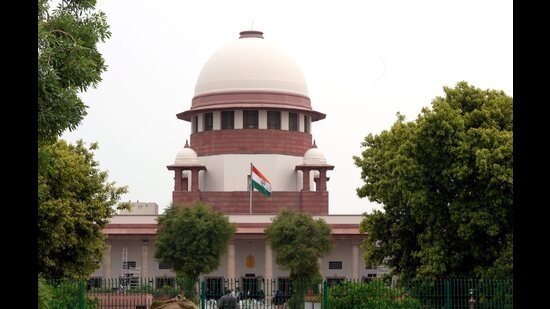Aug 15, 2024 09:27 PM IST
Taken together, SC’s pronouncements underline the draconian nature of the law. It is time this is addressed by the legislature of a mature democracy.
Time and again, the Supreme Court (SC) has pronounced that bail is the rule and jail the exception. But Tuesday’s ruling, that this holds true for special statutes such as the Unlawful Activities (Prevention) Act, or UAPA, is of special import. Not because the apex court reiterated its protection of the personal liberty of citizens, but because in ruling so, it implicitly outlined how the law lends itself to strategic misuse.

The fact is that the UAPA, which was meant to be an anti-terror law, has been crafted in such a way that conditions that ordinarily merit grant of bail do not suffice. Its provisions have been critcised for long for making bail very difficult. In February this year, the SC, in another matter where it denied granting bail to an accused under UAPA, held that the provisions of the law were “severely restrictive”, with the law laying down a “low standard” for rejecting bail, of the court being satisfied that “prima facie” the accusations against a person are true.
At the core of this is the fact that UAPA has been used to deliver “process as punishment” to not just terror-implicated persons but also those whose political ideologies have not aligned with ruling dispensations, with Father Stan Swamy’s death as an undertrial being one of the most glaring examples. The SC had, in 2016, ruled that bail under UAPA would need to be weighed against the swiftness of trial and the length of incarceration of an accused. Taken together, SC’s pronouncements underline the draconian nature of the law. It is time this is addressed by the legislature of a mature democracy.
Unlock a world of Benefits with HT! From insightful newsletters to real-time news alerts and a personalized news feed – it’s all here, just a click away! –Login Now!


